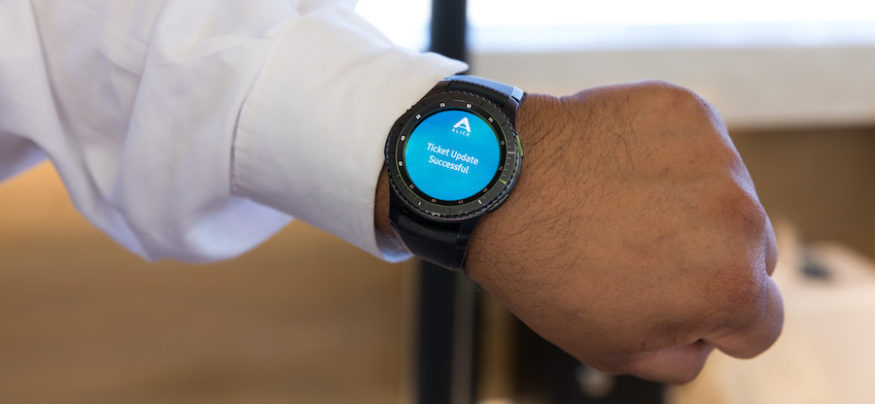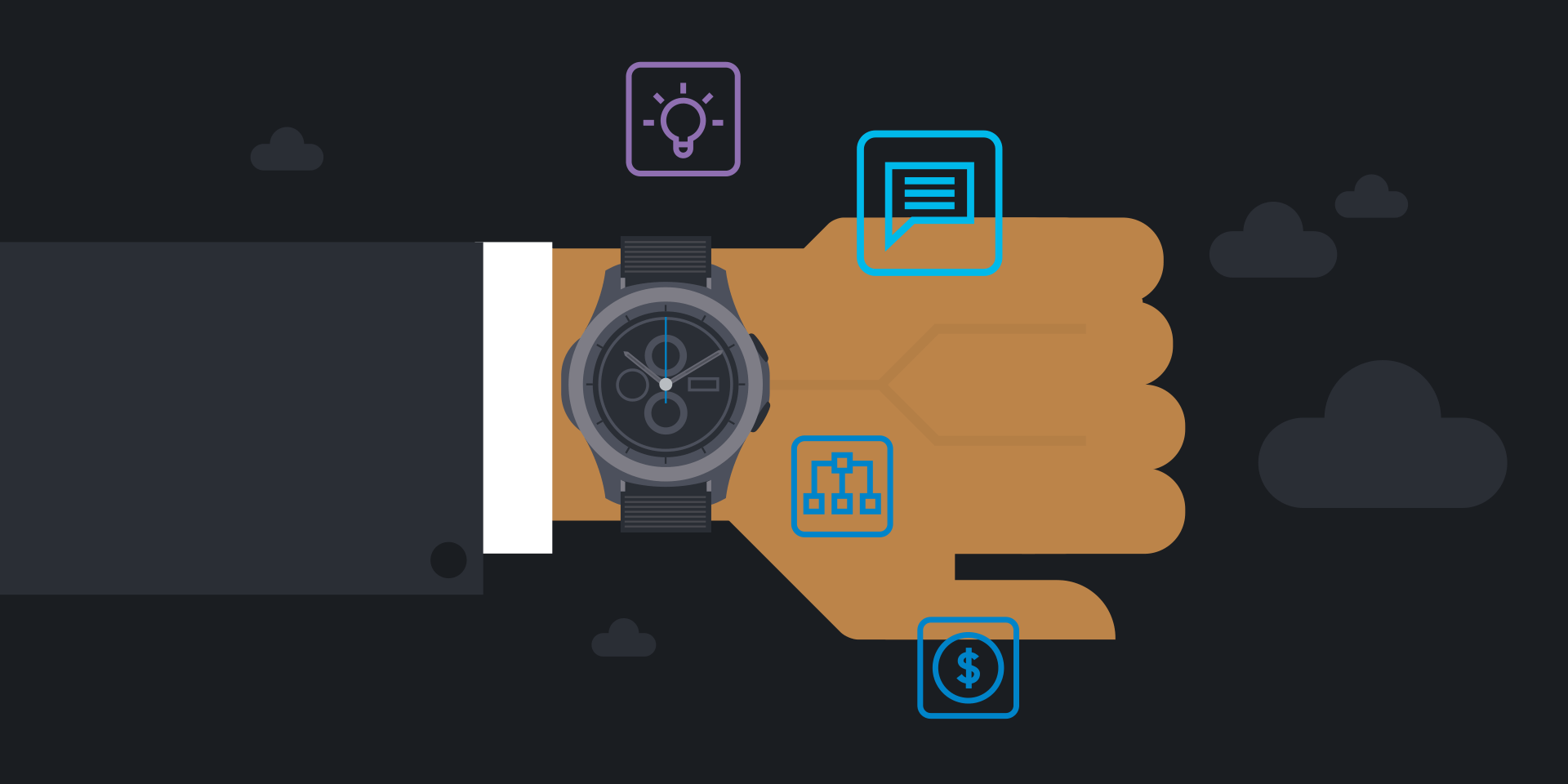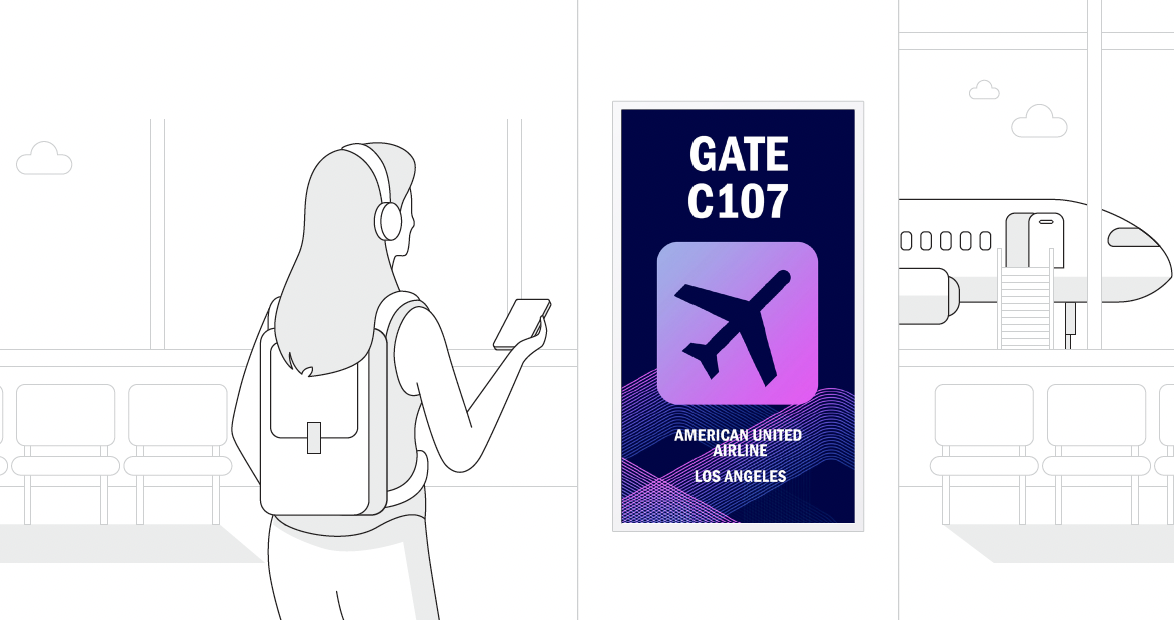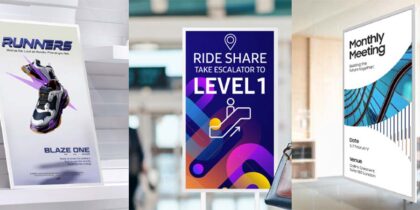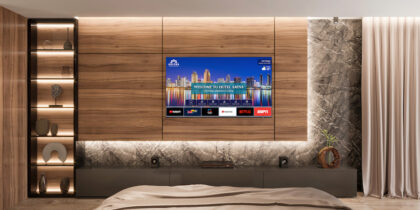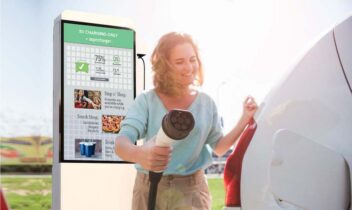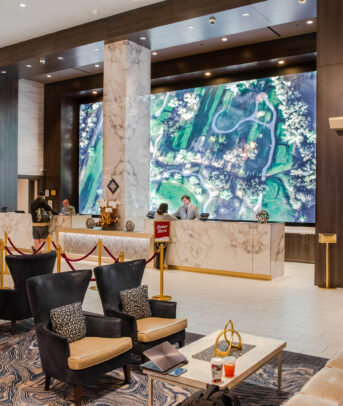Wearables are an ideal fit for hospitality, where staff must respond quickly, use two hands for many tasks and offer their undivided attention to the guest. The good news is, it’s as easy to add wearables like the Samsung Gear S3 to the hospitality environment as it is to use them. Preconfigured devices, multiple integration options and ample versatility mean smartwatches can quickly become powerful tools to increase staff efficiency and enhance the guest experience.
Distinct advantages like faster retrieval of messages, lower rates of loss and damage, and a discreet, sophisticated appearance make smartwatches the perfect form factor for fast-moving, high touch industries like hospitality. That’s why smartwatches are growing even faster than the overall wearables marketplace. IDC predicts commercial watch deployments will grow from 3.3 million units in 2017 to more than 11.5 million units by 2021, a CAGR of 34 percent.
Early adopters including Viceroy Hotels and Houston’s Hotel Alessandra found the transition to wearables fast and easy for IT and end users alike. Just days after Viceroy began using Samsung Gear S3 smartwatches, staff had already adapted. “Employees are really using the technology,” says Darren Clark, vice president of technology at Viceroy Hotels and Resorts. “They find using the watches is a lot easier than having a phone or tablet now.”
Easy Smartwatch Integration
Flexible integration options mean almost any hotel can add wearables, whether they currently use other mobile devices and a task management solution, or if neither are in place yet. All they need is a wireless network. Here are a few of the available options:
Samsung’s Preconfigured Gear S3/ALICE Task Management Solution: Samsung has partnered with the ALICE hotel operations platform to create an ALICE edition of Samsung Gear S3 smartwatches. The smartwatches come with ALICE preloaded and preconfigured and the functionality locked down; the new user just enters their name and password to access their profile, and the system automatically connects. That makes it easy to get started, and easy for hoteliers to assign smartphones, tablets or smartwatches according to user need or preferences. There is no reconfiguration required for the smartwatch versus other platforms, and users can share devices since each employee’s profile is hosted on the cloud.
Transform Automated Lists to Watch Tasks: Hoteliers without a current task management solution can use Samsung’s Vantage service, which converts any automated list from a current digital hotel software application into notifications on the Gear S3.
Open APIs: Hoteliers currently using other digital task management platforms can leverage Samsung’s free Vantage middleware along with their task management system’s API to convert alerts, tasks and beacons to the Samsung Tizen environment, so it costs nothing extra to use Gear S3s instead of smartphones or tablets. Samsung’s system architecture team can assist with this integration, completing the process in just a week or two. Samsung is currently working with additional task management platforms to create off-the-shelf integrations with the Gear S3.
Samsung Partner Hipaax: Hoteliers without a current task management solution may also consider working with Samsung partner Hipaax and its TaskWatch solution, which is already delivering significant benefits at Hotel Alessandra.
Configuring the Smartwatch
In addition to smartwatch integration, setting up a task management/smartwatch solution also means configuring the solution to precisely match your needs. Setup includes creating a customized user interface. “We’ll work with the customer to identify what they want their watch to look like,” says Gabe Murphy, business development manager, Wearables for Enterprise, Samsung SDSA. “That includes how it’s branded, using the right color scheme and selecting what they want users to see.”
Viceroy, for example, chose to feature its logo, notifications and battery and Wi-Fi indicators on its watch face.
Customizing Wearables in the Workplace
Learn how to develop new and innovative wearable apps tailored precisely to your business needs. Download Now
Other considerations include establishing what type of messages each user type will access (housekeeping versus bellman, for example), eliminating unnecessary messages, and considering languages spoken by users. Samsung’s middleware can translate tasks into the language preferred by each user if the source platform doesn’t. Individual profiles mean each user accesses only their designated tasks, communication groups and language, even if they share devices.
Training and Change Management
Absorbing content from the Gear S3 screen is highly intuitive and hotel staff will adapt quickly. Users can scroll by touching the screen or turning the bezel, and move left and right between pages. That means they can get all the info they need for a task: the room number, customers’ first and last name, preferences, what the request was, when it was scheduled to be done and any special notes. Users can enter data as well, using a stylus, by typing, or via Samsung S Voice, but it’s best to keep data entry short.
Push-to-talk enables the user to communicate with or leave voicemails for other staff members via a speaker and microphone built into the Gear S3 or via a Bluetooth headset, enhancing collaboration and productivity.
Managing Devices
Because they’re worn on the wrist, smartwatches see much lower rates of damage and loss than other smart devices. Samsung SDS America’s EMM for Wearables helps hoteliers manage their smartwatch fleet by automatically pushing out updates and locking down the software, among other features.
In addition, use of the Gear S3 with a task management platform such as ALICE enables hotel managers to closely track and analyze the location and performance of smartwatches and their users. Managers can see where staff members are located as they receive, acknowledge and perform tasks, informing future staffing decisions. In addition, they can see how much time elapses between when a task is assigned, accepted and completed, in order to support guest satisfaction goals.
Hospitality is a highly mobile industry, requiring staff to use both hands as well as their feet to interact with and serve guests. Wearables such as the Gear S3 smartwatch integrate seamlessly into busy hospitality environments, empowering staff to provide the prompt, attentive service that helps hotels stand out.
Learn how you can impress your guests and streamline operations by checking out our latest hospitality technology solutions.
